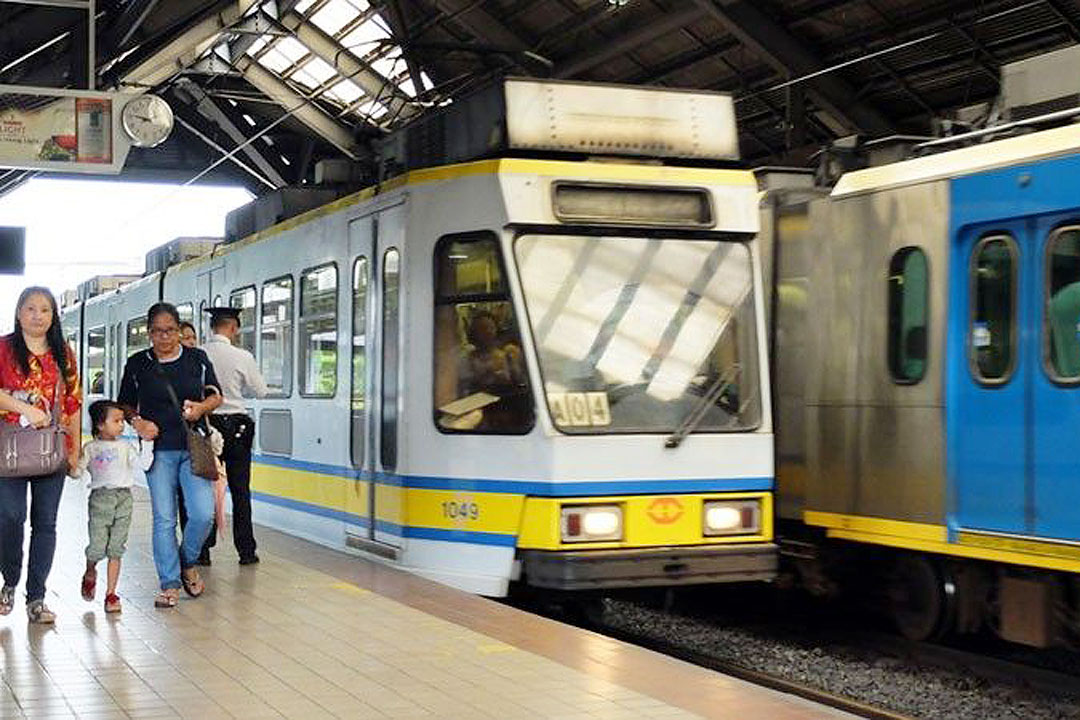LRMC arbitration seen to dent on gov’t plan for railways PPP

By Arjay L. Balinbin, Senior Reporter
LIGHT Rail Manila Corp. (LRMC), the private operator of Light Rail Transit Line 1 (LRT-1), is hopeful that the arbitration case it filed against the Transportation department and the Light Rail Transit Authority (LRTA) will be resolved soon, as the company bleeds despite the easing of mobility restrictions.
A resolution to the arbitration case concerning compensation claims and fare adjustments is crucial, especially if the government intends to offer its railways for public-private partnerships (PPPs), LRMC President and Chief Executive Officer Juan F. Alfonso told BusinessWorld on Wednesday.
“The new administration has been making it very public that they want to push for PPPs; but when you market yourself for a PPP project, the first thing that potential investors will look at are arbitration cases with the government,” he noted.
“I think they are aware of that. I think you can telegraph the way they are going to move based on that. They would like to have as many cases (as possible) behind them,” the LRMC chief added.
LRMC hopes to recover around P2.67 billion in compensation claims and costs resulting from delays in the implementation of fare adjustments for 2016, 2018, and 2020.
The company recently filed a request for arbitration against the Department of Transportation (DoTr) and the LRTA, the grantors under the 32-year concession agreement for LRT-1.
LRMC reported on Wednesday that it incurred a core net loss of P494 million for the January-to-September period “due to the start of amortization of concession assets and borrowing costs.”
“Our ridership level is just starting to recover,” Mr. Alfonso said.
LRT-1’s average daily rider count rose 76% to 203,914 compared with 116,021 in 2021 with the allowed operating capacity lifted to 70% in November that year and further to 100% in March 2022.
“To recover, there are two things that we have to address. We have to recover the volume and then [increase the] ticket price,” Mr. Alfonso said.
“There’s a necessity to increase” the ticket price, he added, noting that other modes of transportation have been allowed to raise their fares due to rising fuel costs.
The existing boarding fare for LRT-1 is P11, while the distance fare is P1 per kilometer, LRMC Spokesperson Jacqueline S. Gorospe said in a phone message.
Sought for comment, LRTA Administrator Hernando T. Cabrera said that proposals of fare adjustment are an annual exercise on the part of the public transport operator.
The fare increase will be uniform across all rail systems, he said during a briefing on Thursday.
Mr. Cabrera also noted that LRMC is requesting to implement a “boarding fare of P16.46 and a distance fare of P1.50 for 2022.”
The petition “will go through a long process,” he said when asked about the release of the resolution.
On the arbitration case, he said: “The DoTr is being represented by the Office of the Solicitor General and the LRTA is being represented by the Office of the Government Corporate Counsel.”
“A preliminary hearing has been conducted,” Mr. Cabrera added.
Transport Secretary Jaime J. Bautista said in a statement on Wednesday that “LRT-1, LRT-2, and MRT-3 (Metro Rail Transit Line 3) continue to be subsidized by government to keep fare levels affordable.”
“We are looking at partnering with private rail operators for MRT 3’s operations and maintenance – under the same scheme with LRT 1 – with the rail line’s assets remaining government-owned,” he added.
LRMC is the joint venture of Ayala Corp., Metro Pacific Light Rail Corp., and Macquarie Infrastructure Holdings (Philippines) Pte. Ltd.
Metro Pacific Investments Corp. is one of three Philippine subsidiaries of Hong Kong’s First Pacific Co. Ltd., the others being PLDT, Inc. and Philex Mining Corp. Hastings Holdings, Inc., a unit of PLDT Beneficial Trust Fund subsidiary MediaQuest Holdings, Inc., maintains interest in BusinessWorld through the Philippine Star Group, which it controls.



